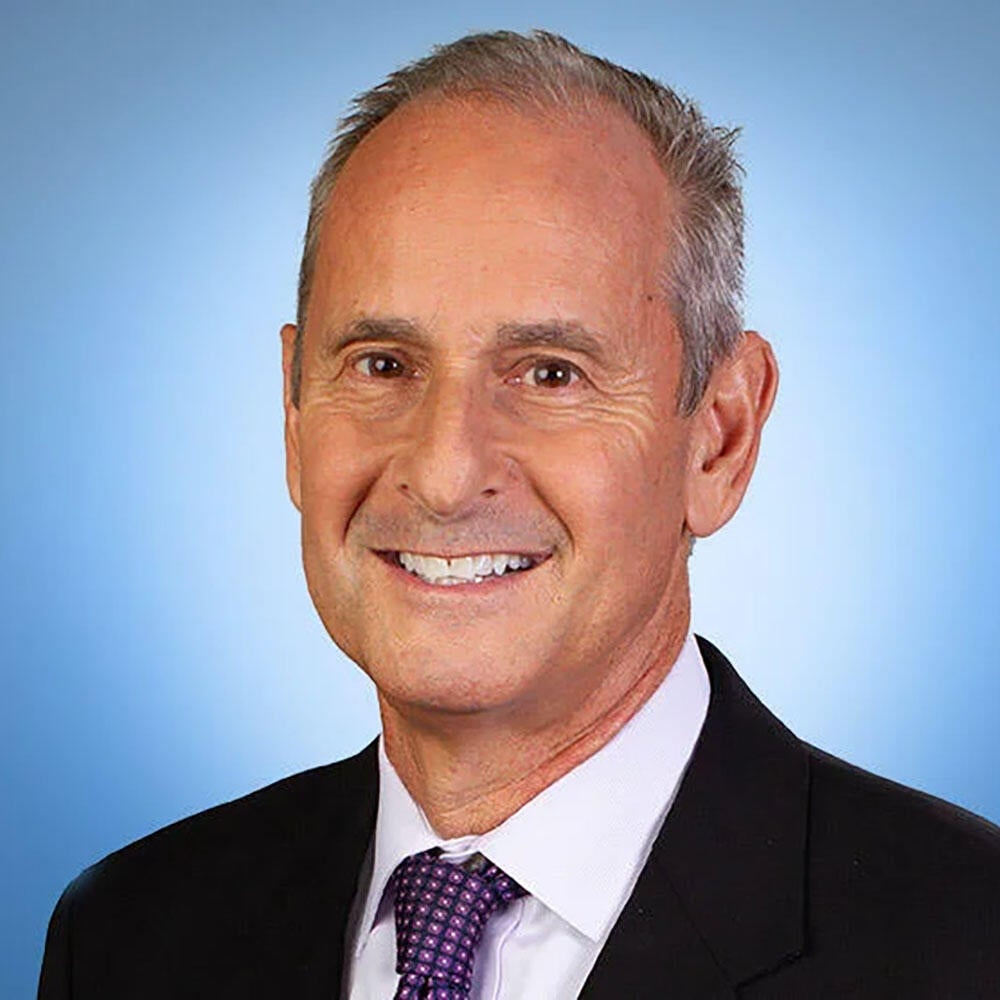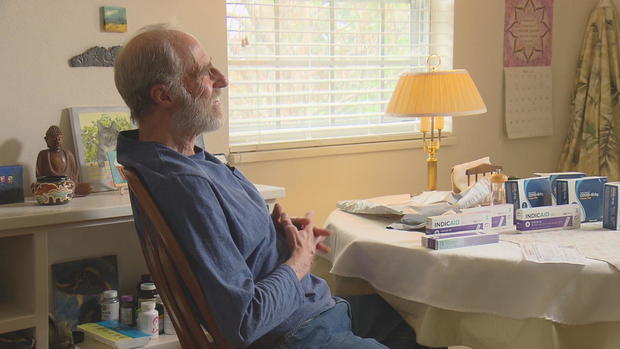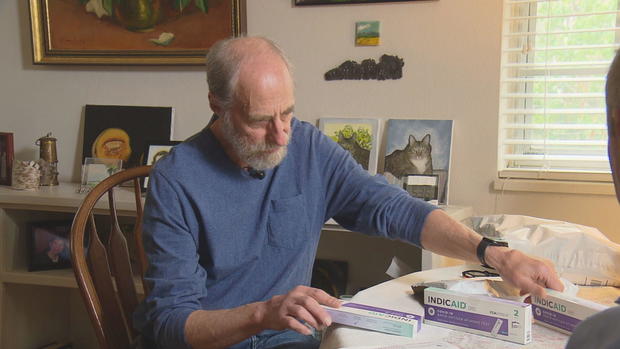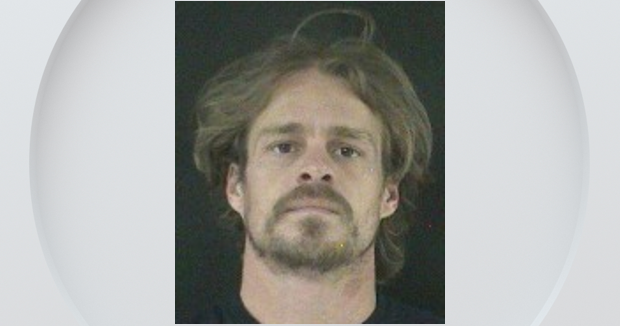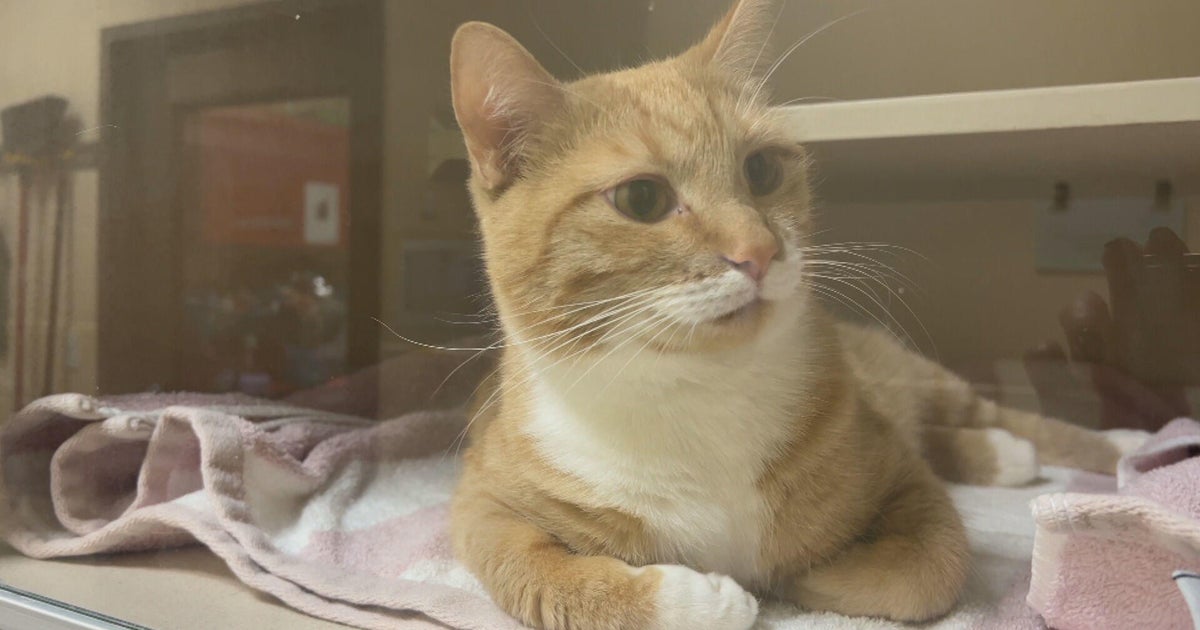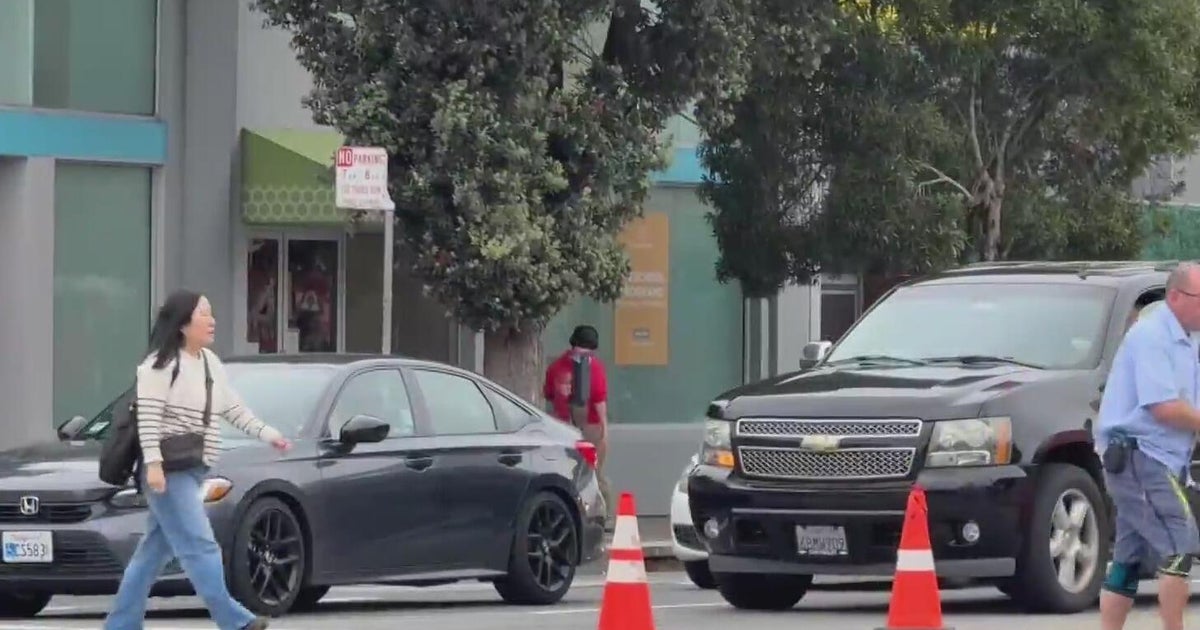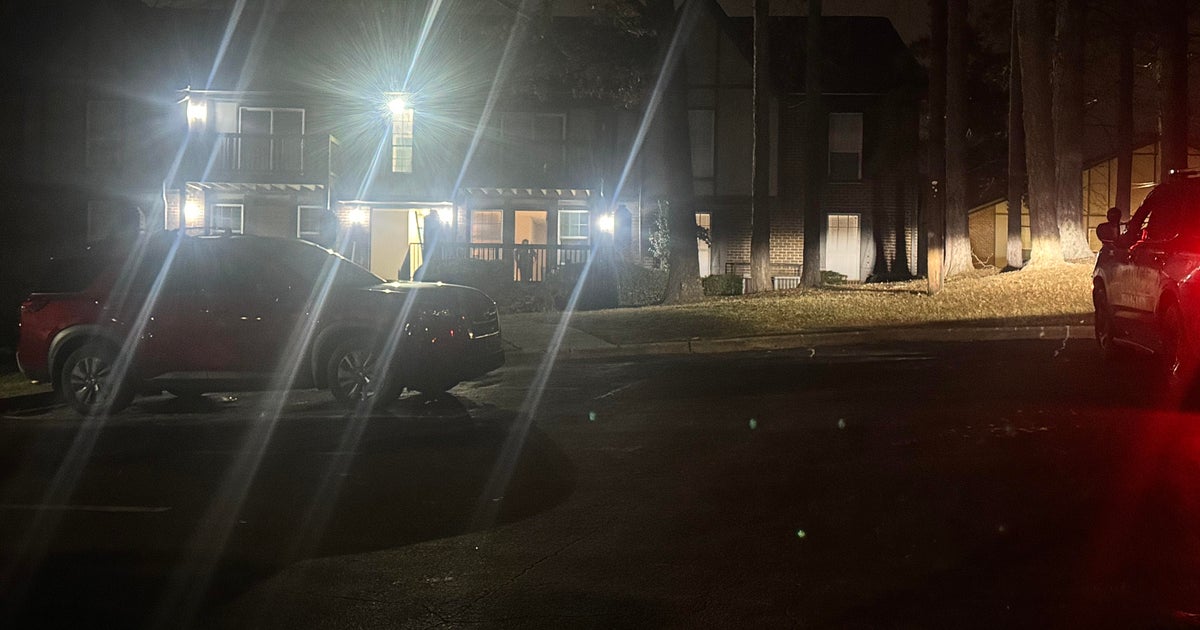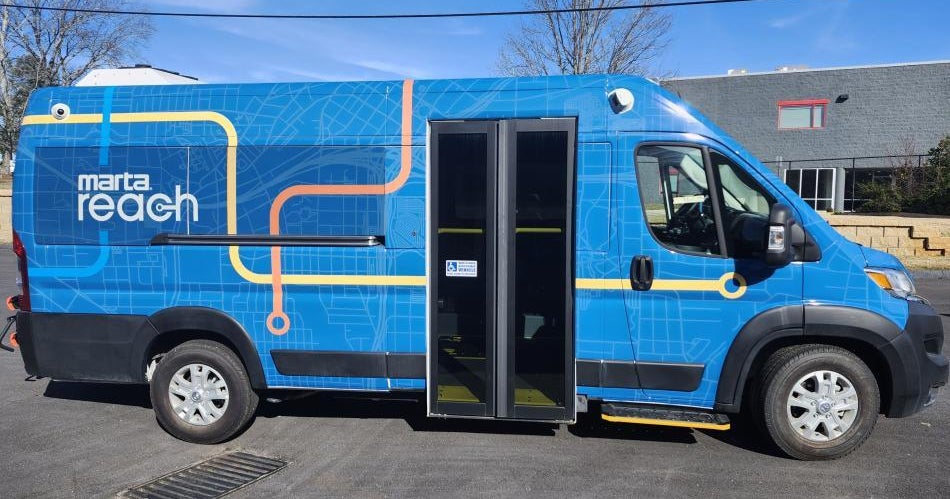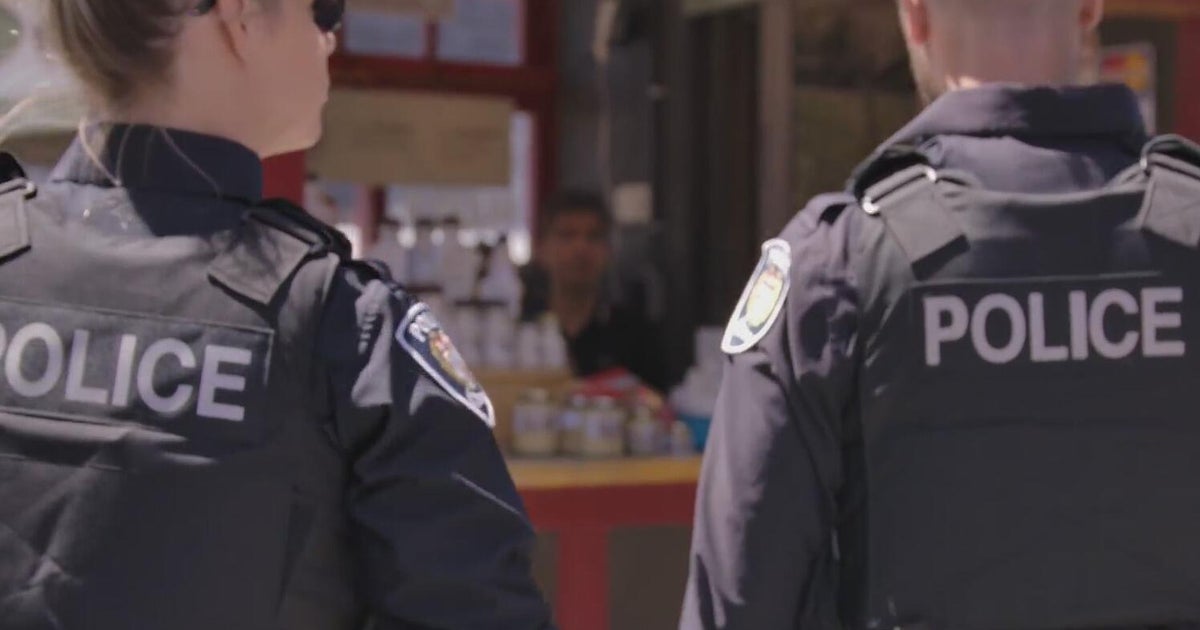"Free" COVID tests raising concerns
When Boulder County resident Bob Skutelsky, 73, and his wife who is 69, started receiving "free" COVID tests through the mail in March and April, they quickly checked their Medicare accounts and found Medicare was being billed for the tests they never requested.
"Something felt really scammy about it," said Skutelsky. "We have never ordered these."
Consumers across the country have filed complaints with Medicare over the COVID test kits which were never requested, but were sent by various labs with Medicare then being billed and paying out. According to the U.S. Department of Health and Human Services, "Scammers are sending COVID-19 at home test kits to Medicare beneficiaries and then billing Medicare for reimbursement. If you received COVID-19 test kits that you did not order, please report it."
The federal governments Center for Medicare and Medicaid Services told CBS News Colorado they had "received calls from some Medicare beneficiaries who reported receiving test kits they did not order or did not intend to automatically refill. The number of complaints represent a small portion of people with Medicare that have received these tests," said CMS.
The agency statement went on to say that these "free" tests would only be legitimate if patients had requested them.
Skutelsky and his wife were adamant they never requested the COVID test kits and that they never shared their Medicare identification information with anyone dispensing COVID-19 tests.
"Somebody has gotten ahold of my wife's Medicare number," said Skutelsky, which he called an "unnerving feeling." He said he believes a data breach probably led to his wife's Medicare information being compromised.
For each shipment of COVID tests Skutelsky received, records show the labs that sent them were reimbursed about $94 each time. One lab was in California and a second was in Illinois. CBS News Colorado contacted both labs but multiple calls went to voicemail and messages were not returned.
"There are people out there trying to loot the government and that's us," said Skutelsky.
The Center for Medicare and Medicaid Services (CMS) said it has previously investigated the issue of unsolicited test kits.
On April 20th, 2023, The Department of Justice (DOJ) announced criminal charges against 18 defendants in nine federal districts across the United States for their alleged participation in various fraud schemes involving health care services that exploited the COVID-19 pandemic including shipping unsolicited COVID-19 tests. In connection with the enforcement action, the department seized over $16 million in cash and other fraud proceeds. CMS separately announced on April 20, 2023 that it took adverse administrative actions in the last year against 28 medical providers for their alleged involvement in COVID-19 schemes.
People with Medicare who receive COVID-19 test kits they did not order should call 1-800-MEDICARE (1-800-633-4227).
Additional Resources
The U.S. Department of Health and Human Services Office of Inspector General has provided these tips to consumers to protect themselves from COVID-19 scams:
• Beneficiaries should be cautious of unsolicited requests for their personal, medical, and financial information. Medicare will not call beneficiaries to offer COVID-19 related products, services, or benefit review.
• Be careful! Scammers are selling fake and unauthorized at-home COVID-19 test kits in exchange for your personal or medical information. Make sure to purchase FDA approved COVID-19 test kits from legitimate providers.
• Scammers are sending COVID-19 at home test kits to Medicare beneficiaries and then billing Medicare for reimbursement. If you received COVID-19 test kits that you did not order, please report it.
• Do not give your personal or financial information to anyone claiming to offer HHS grants related to COVID-19.
• Be cautious of any COVID-19 testing site that requires your financial or medical information in order to receive a free test.
• Be mindful of advertisements for COVID-19 testing or treatments on social media platforms. If you make an appointment for a COVID-19 test online, make sure the location is an approved testing site. We encourage the public to check official government websites for a list of approved COVID-19 testing sites.
• Do not purchase or reproduce fake COVID-19 proof of vaccination cards, and do not fill-in blank vaccination cards with false information.
• Offers to purchase COVID-19 vaccination cards are scams. Valid proof of COVID-19 vaccination can only be provided to individuals by legitimate providers administering vaccines.
• Photos of COVID-19 vaccination cards should not be shared on social media. Posting content that includes your date of birth, health care details or other personally identifiable information can be used to steal your identity.
• As volunteers go door-to-door to inform communities across the country about COVID-19 vaccines, be sure to protect yourself from criminals who are seeking to commit fraud. Do not provide personal, medical, or financial details to anyone in exchange for vaccine information, and obtain vaccinations from trusted providers.
• Be cautious of COVID-19 survey scams. Do not give your personal, medical, or financial information to anyone claiming to offer money or gifts in exchange for your participation in a COVID-19 vaccine survey.
• Be mindful of how you dispose of COVID-19 materials such as syringes, vials, vial container boxes, vaccination record cards, and shipment or tracking records. Improper disposal of these items could be used by bad actors to commit fraud.
• Be suspicious of any unexpected calls or visitors offering COVID-19 tests or supplies. If you receive a suspicious call, hang up immediately.
• Do not respond to, or open links in, text messages about COVID-19 from unknown individuals.
• Be aware of scammers pretending to be COVID-19 contact tracers. Legitimate contact tracers will never ask for your medical or financial information or attempt to set up a COVID-19 test.
• If you suspect COVID-19 health care fraud, report it immediately online or call 1-800-HHS-TIPS (1-800-447-8477).
